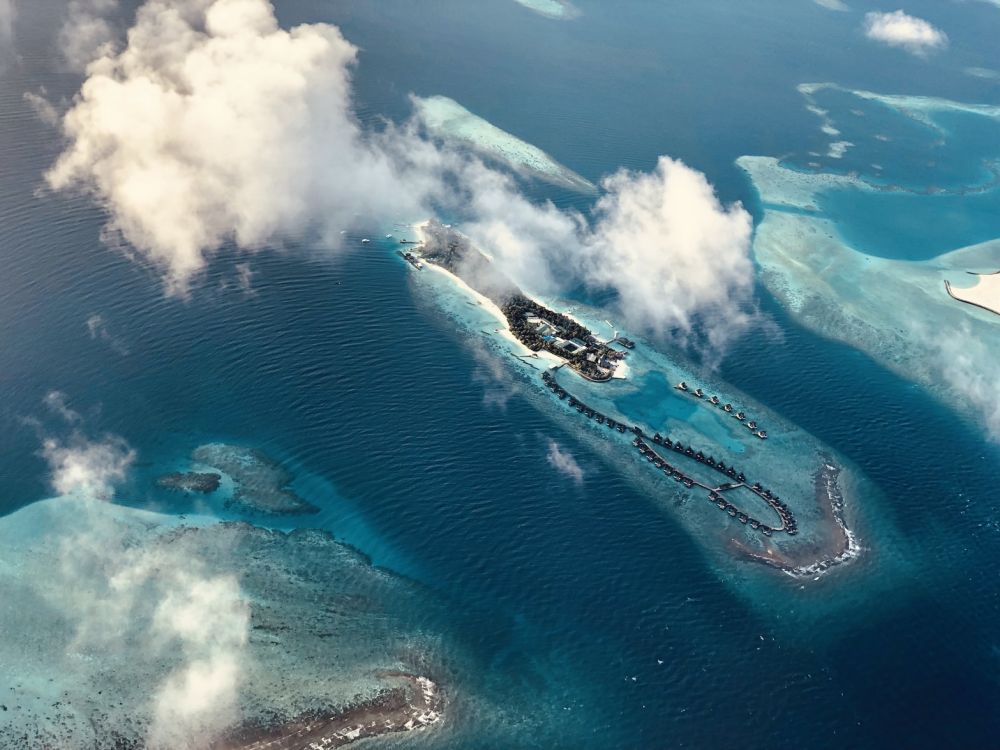

Welcome to Agatti Island, a hidden gem nestled in the Arabian Sea, and a part of the stunning Lakshadweep archipelago of India. With turquoise blue waters, vibrant coral reefs, and serene beaches, Agatti Island beckons travelers seeking an undisturbed connection with nature. Here, we explore the history of tourism in this tropical paradise and highlight the latest tourism trends that continue to shape this destination.
The history of tourism in Lakshadweep, and particularly on Agatti Island, is relatively modern. Historically, Lakshadweep's isolation and conservative local culture, heavily influenced by Islamic traditions, meant that tourism developed at a slower pace than in other parts of India. However, in the late 20th century, the Indian government began to recognize the immense potential of the islands for eco-tourism and began to promote it as a destination offering unrivaled natural beauty and serenity.
Since then, Agatti Island has been carefully developed to welcome visitors from around the globe while preserving its ecological sanctity. The local authorities have implemented strict regulations to protect the delicate marine and terrestrial ecosystems, making sustainable tourism the cornerstone of the island's travel ethos. Consequently, Agatti's charm has steadily increased its allure to those looking for an offbeat and ecologically responsible vacation spot.
Access to Agatti Island is a part of its unique appeal. The island is reachable by a short flight from Kochi (Cochin) in Kerala, India, landing on one of the archipelago’s few airstrips. For those seeking a more unhurried approach, ship cruises from Kochi to Lakshadweep are also an option, though less frequent and highly dependent on weather conditions.
In recent years, responsible tourism has become the focal point of Agatti Island's tourism narrative. Visitors are encouraged to engage in activities that have minimal impact on the environment, such as snorkeling, scuba diving, kayaking, and glass-bottom boat tours. With eco-friendly resorts and strict prohibitions on the use of plastic, the island is setting a benchmark for sustainability.
Another emerging trend is experiential travel. Tourists are seeking authentic experiences that allow them to immerse themselves in the local culture and way of life. In response, Agatti has facilitated cultural exchanges, where visitors can interact with local communities, learn about their customs, cuisine, and way of life. This not only enhances the tourist experience but also supports local livelihoods.
Health and wellness tourism is also growing, with many travelers seeking the therapeutic ambiance that Agatti Island naturally provides. The quiet beaches and clear waters are perfect for those looking to unwind and practice yoga and meditation in a tranquil setting.
The future of tourism on Agatti Island looks to be one of mindful growth, with sustainability at its core. There is a conscious effort to balance the economic benefits of tourism with the need to protect this ecological wonder. The expectation is that any development will continue to be done with the utmost care for the local ecosystem and the well-being of the island's residents.
For those planning a visit, Agatti Island offers an escape into a world that remains untouched by the frenetic pace of modern life. It is a place where the beauty of the Arabian Sea can be appreciated in full measure, where the horizon stretches with unbroken lines, and the stars shine with an unhindered glow. Indeed, Agatti Island is a testament to the enduring allure of nature when it is respected and preserved.
In conclusion, Agatti Island in Lakshadweep is a destination for those who seek respite in nature's lap and wish to tread lightly on our planet. It is an epitome of beauty and sustainability, a niche that not only offers an extravagant visual treat but also an experience deeply rooted in ecological conservation and cultural integrity.